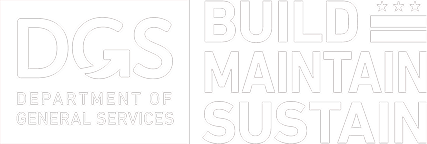The DGS Sustainability & Energy division (DGS-SE) is committed to supporting DC Public Schools (DCPS) in meeting the District's ambitious zero waste targets by providing waste collection services, supplies, and support to promote waste reduction and diversion. The Zero Waste Program supports schools in meeting legal requirements; enhances building operations; conserves taxpayer dollars and natural resources; contributes to the District's goal of achieving zero waste by 2032; and equips DCPS students with the values and skills needed for a sustainable future in the 21st century.
Recent Announcements
DGS invites all DC schools to participate in the 2026 DC Recycle Right! Competition this March! This competition provides a fun and engaging opportunity to help improve your school recycling program while competing against other schools for the top awards. Three schools will win – will yours be one of them? Register for the DC Recycle Right! Competition to find out!
Registration is open until Friday, March 13, 2026 and the competition begins Monday, March 16, 2026.
For more information about the competition, please refer to the competition manual or email Brooke Hartman, Schools Conservation Coordinator at [email protected].
Related Information:
